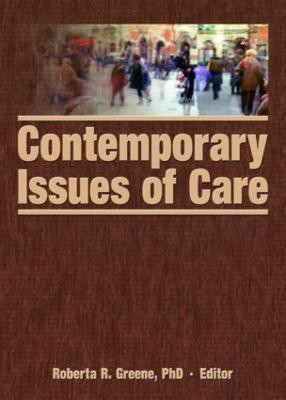Contemporary Issues of Care(English, Hardcover, unknown)
Quick Overview
Product Price Comparison
Make sure your clients get the best possible care throughout their lives Contemporary Issues of Care presents the latest research findings on human behavior and the social environment for social workers practicing at the individual, family, and community levels. This timely book applies the functional-age model on intergenerational therapy (FAM) to examine the interaction between the care recipient's biopsychosocial and spiritual functioning and the capacity of the family/caregiver to adapt. The book's contributors examine the functions of various social systems in caregiving as well as the social worker's role in processing and integrating information to help develop family-centered and community-based interventions. Contemporary Issues of Care focuses on caregiving situations across the life span, using research findings to shape social work curriculum and to improve social work practice and services. With the family still the primary caregiving institution in the United States, the book examines the mutual interdependence among family members and the dynamic development of family structure and organization. An exemplary textbook for students in social work, the book also includes a workbook and CD. Topics addressed in Contemporary Issues of Care include: shifts in human behavior paradigms family systems interventions case management sibling caregiving the impact of culture on mental illness and mental health the importance of self-care elder abuse substance abuse children with cancer HIV/AIDS diabetes posttraumatic stress inner-city challenges caregiving for gay men and lesbians caregiving for persons with dementia community caregiving and much more Contemporary Issues of Care is filled with charts, tables, diagrams, and sample interviews that supplement articles from the leading practitioners and academics in the field. This book is an essential resource for anyone involved in social work practice for individuals, families, and communities.


